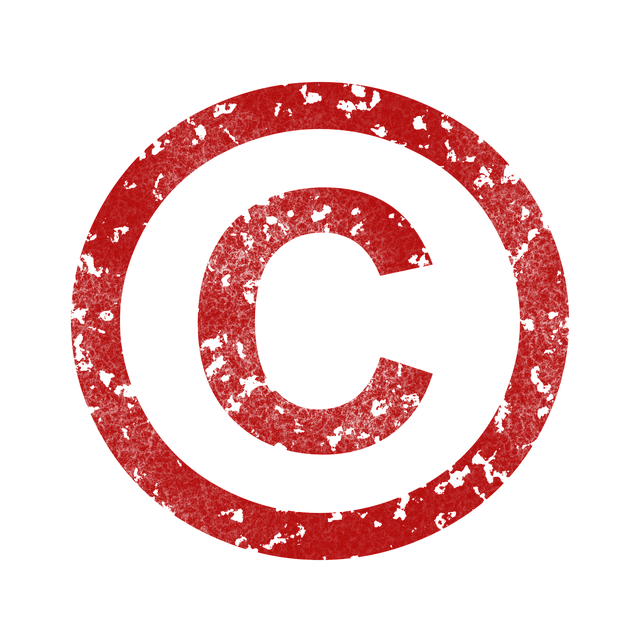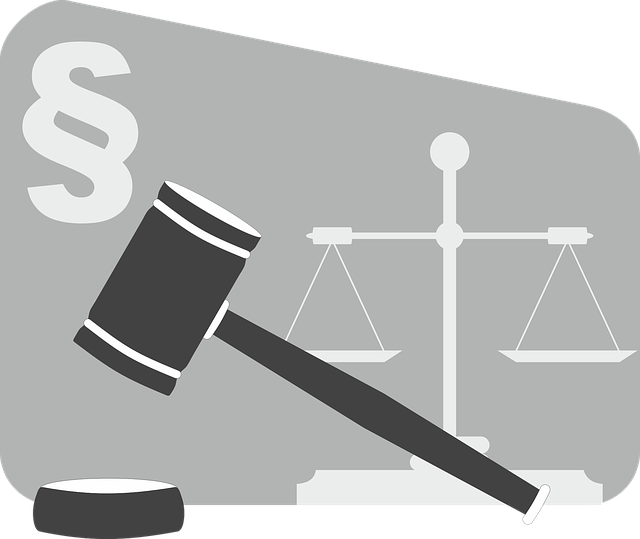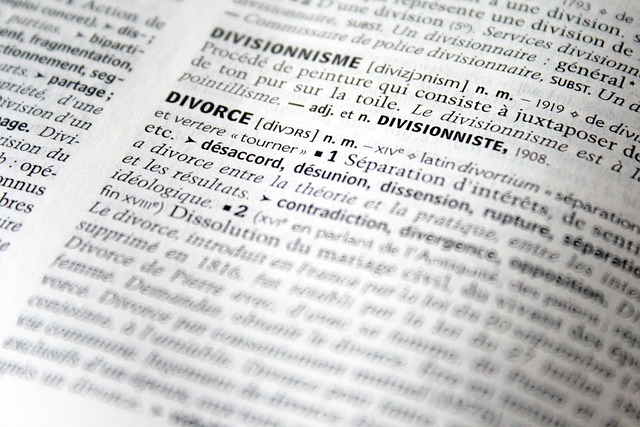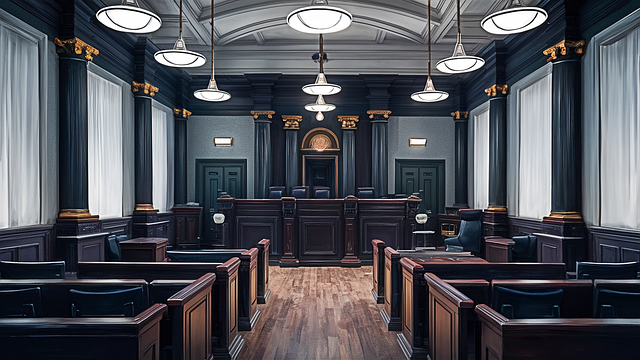Whistleblower Protection Laws safeguard individuals reporting illegal activities, fostering accountability. Understanding Regulatory Law Litigation involves stages like disclosure, investigation, complaint filing, and potential litigation. Success can lead to damages and charge dismissal. Navigating these stages demands knowledge of initial reporting and internal processes, crucial for fair outcomes in complex legal battles against corporate malfeasance. "Understanding Regulatory Law Litigation Stages" is vital for entities facing high-stakes cases, shaping future legal landscapes and promoting ethical reporting cultures.
Whistleblower protection lawsuits play a pivotal role in upholding ethical practices within organizations, ensuring accountability for illegal activities. This article guides you through the intricate process, from defining whistleblower protection laws that safeguard individuals who expose corporate misconduct, to navigating legal action and court proceedings. We explore each stage of regulatory law litigation, including initial reporting, internal processes, filing lawsuits, post-trial remedies, and the profound impact these cases have on fostering transparency.
- Defining Whistleblower Protection Laws
- Initial Reporting and Internal Processes
- Legal Action: Filing a Lawsuit
- Navigating Court Proceedings
- Post-Trial: Impact and Remedies
Defining Whistleblower Protection Laws

Whistleblower Protection Laws are legislative safeguards designed to protect individuals who expose illegal or unethical activities within their organizations from retaliation. These laws aim to encourage employees to report wrongdoing without fear of adverse consequences, fostering a culture of accountability and transparency. Understanding Regulatory Law Litigation involves navigating several stages, ensuring the rights of both corporate and individual clients.
The process begins with a disclosure of improper conduct, followed by an internal or external investigation. If the whistleblower perceives retaliation, he or she can file a complaint, leading to potential litigation. A successful case may result in compensatory damages and even a complete dismissal of all charges against the whistleblower, providing a powerful incentive for organizations to uphold ethical standards.
Initial Reporting and Internal Processes

When it comes to whistleblower protection lawsuits, understanding the initial reporting and internal processes is crucial for navigating the legal landscape. Employees who suspect wrongdoing in their respective business or organization often face a dilemma—to report or not to report? This decision sets into motion a series of events that can lead to complex regulatory law litigation stages. By defining the parameters of acceptable conduct within their organizations, companies aim to deter potential whistleblowers from coming forward, but also establish internal mechanisms for addressing allegations of fraud, corruption, or other white collar and economic crimes.
Internal reporting is the first step in this process. Employees who witness or suspect illegal activities are encouraged—in some cases, even required—to report these concerns through established channels. These reports may trigger an initial investigation by the company’s internal audit team or legal department. The goal is to identify the validity of the allegations and take appropriate corrective actions before external disclosure. This stage is vital as it reflects the respective business’s commitment to upholding ethical standards and can significantly influence the outcome of any subsequent legal battles, especially when addressing general criminal defense issues that may arise from such whistleblowing activities.
Legal Action: Filing a Lawsuit

When it comes to whistleblower protection lawsuits, understanding the legal action involved is paramount. Filing a lawsuit is a structured process that navigates through various regulatory law litigation stages. The initial step involves evaluating the merits of the case, considering factors such as the strength of evidence and the potential public interest served by exposing wrongdoing. This strategic assessment guides the whistleblower or their legal representation in deciding whether to pursue legal action.
The subsequent stages include serving legal notices, gathering and presenting evidence, and navigating through pretrial proceedings. The goal is not only to avoid indictment but also to secure justice for the whistleblowers and hold accountable those who have engaged in unethical or illegal practices. This process has garnered significant attention across the country, with both corporate and individual clients turning to legal avenues to protect their rights and expose corporate malfeasance.
Navigating Court Proceedings
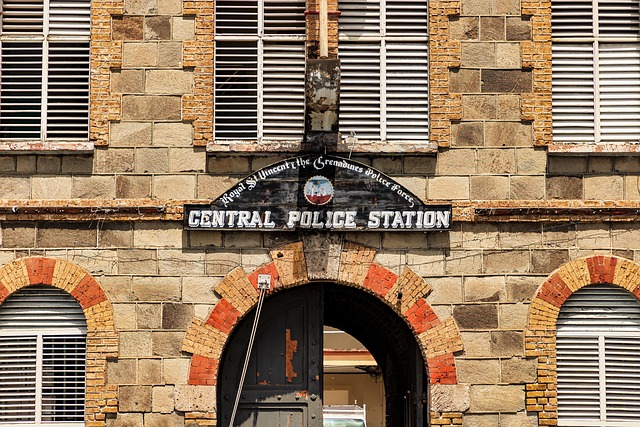
Navigating Court proceedings in whistleblower protection lawsuits can be a complex task, especially for those outside the realm of regulatory law. Understanding the various stages of litigation is crucial. Initially, the plaintiff must file a complaint detailing the alleged violations and seeking protective measures. This marks the beginning of the legal process, where both parties present their arguments and evidence. The court then evaluates the claims, considering the merits and potential impact on public interest.
As the case progresses, discovery becomes a pivotal phase. Here, both sides exchange information and documents, enabling a deeper understanding of the facts. Skilled white collar defense attorneys play a vital role in this stage, strategically gathering and presenting evidence to achieve extraordinary results for their clients. Each step demands meticulous attention to detail and a comprehensive grasp of applicable laws, ensuring a fair and just outcome.
Post-Trial: Impact and Remedies

After a whistleblower protection lawsuit has reached its trial stage, the outcome can significantly impact future regulatory litigation. Understanding the nuances of this process is crucial for both corporate and individual clients navigating high-stakes cases. The remedies available to whistleblowers post-trial play a pivotal role in shaping the legal landscape for similar disputes.
Successful plaintiffs may receive damages, injunctions, or other equitable remedies designed to protect their rights and deter future violations. These outcomes can serve as powerful precedents, influencing how regulatory agencies and employers handle whistleblower claims moving forward. By examining successful cases, corporate entities can learn strategies to avoid indictment and foster a culture of ethical reporting within their organizations.
Whistleblower protection lawsuits play a pivotal role in upholding ethical standards within organizations, ensuring that individuals who expose wrongdoing are shielded from retaliation. By navigating the various stages of regulatory law litigation, from initial reporting to post-trial remedies, those involved can foster a culture of accountability and transparency. Understanding each step, including defining whistleblower laws, internal processes, legal actions, court proceedings, and the impact of successful cases, is crucial for both whistleblowers seeking justice and organizations striving for compliance. These lawsuits not only protect individuals but also revolutionize organizational practices, making them a key component in creating a more transparent and responsible business landscape.

